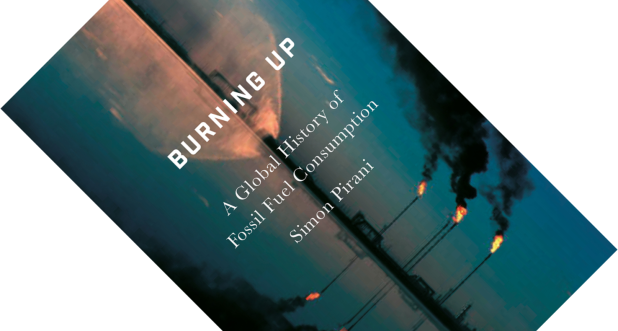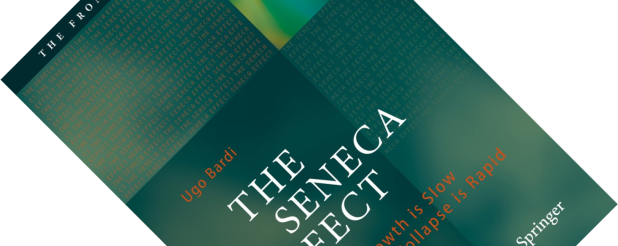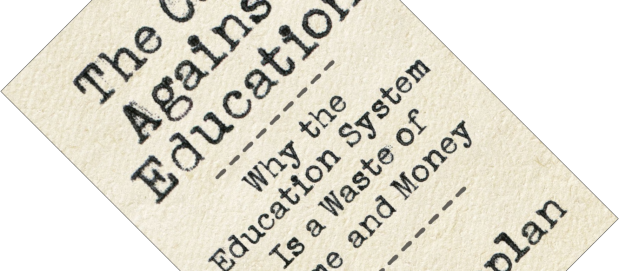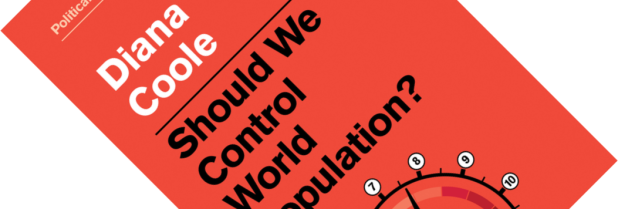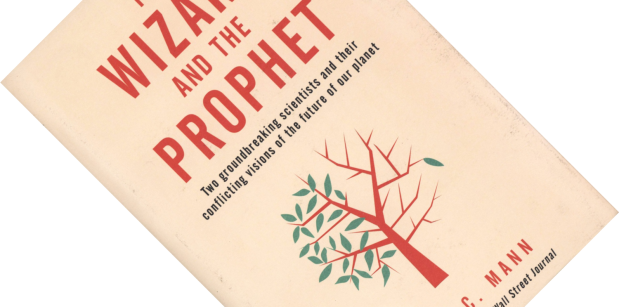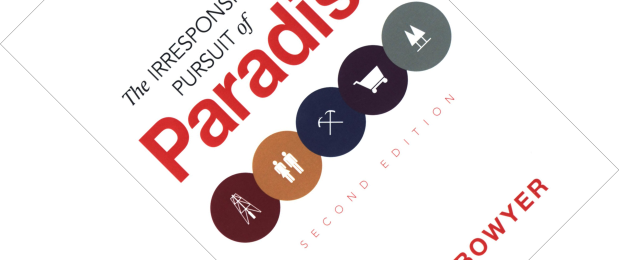Fossils fuels have powered civilization since the Industrial Revolution, and their consumption has exploded in the last few decades. But for all the prosperity that coal, gas, and oil have brought, there are many downsides, not least amongst these climate change. So how did we get here? Usual explanations point at individual consumption and population growth, and I would be quick to agree. With Burning Up, Simon Pirani, a visiting research fellow at the Oxford Institute for Energy Studies, basically says “not so quick, things are not that simple” and provides a deeply researched history of fossil fuel consumption.
economics
Book review – The Seneca Effect: Why Growth is Slow but Collapse is Rapid
I am going to start this review on a tangent. The liner notes of the 1983 album Zeichnungen Des Patienten O.T. of the German industrial band Einstürzende Neubauten contained the slogan “Destruction is not negative, you must destroy to build”. I don’t expect that Ugo Bardi shares my taste in music, but, judging from this book, I’m sure that if we were to sit him down with the band members over a pint, they would have plenty to talk about. Because, according to Bardi, collapse is a feature, not a bug.
Book review – The Case Against Education: Why the Education System Is a Waste of Time and Money
Here is another book in the category “reading outside of my usual fields of interest”. When I spotted this title in the last Princeton catalogue it immediately piqued my interest. Surely, as an unabashed cheerleader of science, why would I oppose education, the gateway to science? Economist Bryan Caplan has written a provocative book that will not make him many friends. But before you discard this book as abject nonsense, give the man a chance and hear him out. He makes a cogent argument, supported by both common-sense observations and a solid analysis.
Book review – Should We Control World Population?
Speaking of controversial. As mentioned in my previous review of An Essay on the Principle of Population: The 1803 Edition, concerns about human overpopulation go back to at least Malthus, a name that has become synonymous with this topic. How do you tackle this incredibly thorny issue? Malthus believed moral restraint where having children is concerned should be encouraged, which strikes me as starry-eyed and completely out of reach, especially in the individualized societies of today. Simultaneously, we have seen some pretty drastic population control measures with ugly side-effects, such as China’s one-child policy and forced sterilization in India. The cry of eugenics if never far away when this topic is tabled. Can we have any sensible discussion to find a middle ground between utopia and dystopia? This small book does a serious attempt.
Book review – An Essay on the Principle of Population: The 1803 Edition
Overpopulation. Is there another topic more likely to bring about an uncomfortable silence during a dinner party? Possibly one of the last taboos even of our era, one name is intimately linked with this topic: Thomas Robert Malthus, author of the much-maligned An Essay on the Principle of Population. Originally published in 1798, Yale University Press here republishes the second edition of 1803, which is much expanded. As a bonus, they throw in five essays to place this work in context and discuss its relevance today. Why would you read a book that is over 200 years old? For the same reason evolutionary biologists still read On the Origin of Species – you cannot really properly discuss, let alone criticise a subject without reading its foundational text, now, can you?
Book review – The Wizard and the Prophet: Two Remarkable Scientists and Their Conflicting Visions of the Future of Our Planet
If I asked you to propose solutions to some of the world’s problems and future challenges, things such as overpopulation, food production, hunger, soil erosion, resource depletion, energy production etc., what ideas would you put forth? Most likely, your proposals would build on the intellectual legacy of two men you have never heard of. Allow American journalist and writer Charles C. Mann to introduce you to ecologist William Vogt, father of the environmental movement, and Nobel-Peace-Prize-winning plant breeder Norman Borlaug, instigator of the agricultural Green Revolution.
Book review – The Great Leveler: Violence and the History of Inequality from the Stone Age to the Twenty-First Century
Given that I predominantly review books on biology, you may wonder why a book on the history of economic inequality would be reviewed here. All I can say in my defence is that this biologist is nothing if not inquisitive.
Walter Scheidel’s The Great Leveler is a global deep history of inequality. Having taken a long, hard look at a huge range of historical evidence, Scheidel contends that only extreme violence and catastrophe have historically been able to bring more economic equality into the world.
Book review – Fishing: How the Sea Fed Civilization
Brian Fagan is a celebrated archaeologist and author who has written many books on the topic of environmental history. Several of these sit on my shelves, though I admit this is the first book by his hand that I have read. With Fishing, Fagan presents a deep history of fishing from the time of our human ancestors up to the present day, highlighting its overlooked role in the history of human civilization. His story spans the globe and pieces together a fragmented and complicated puzzle.
Book review – The Irresponsible Pursuit of Paradise (Second Edition)
The Irresponsible Pursuit of Paradise lays bare a conundrum of our times. How is it that so many of us loathe resource extraction (e.g. the cutting down of trees for timber, or the mining of ores to produce metals), yet we absolutely adore the products that are subsequently made from these resources? We are up in arms when our forests are under threat, or companies want to start fracking in protected areas (a current concern in the UK), and when we successfully halt these things, the results are invariably hailed as a victory for the environment. Except that they aren’t.

